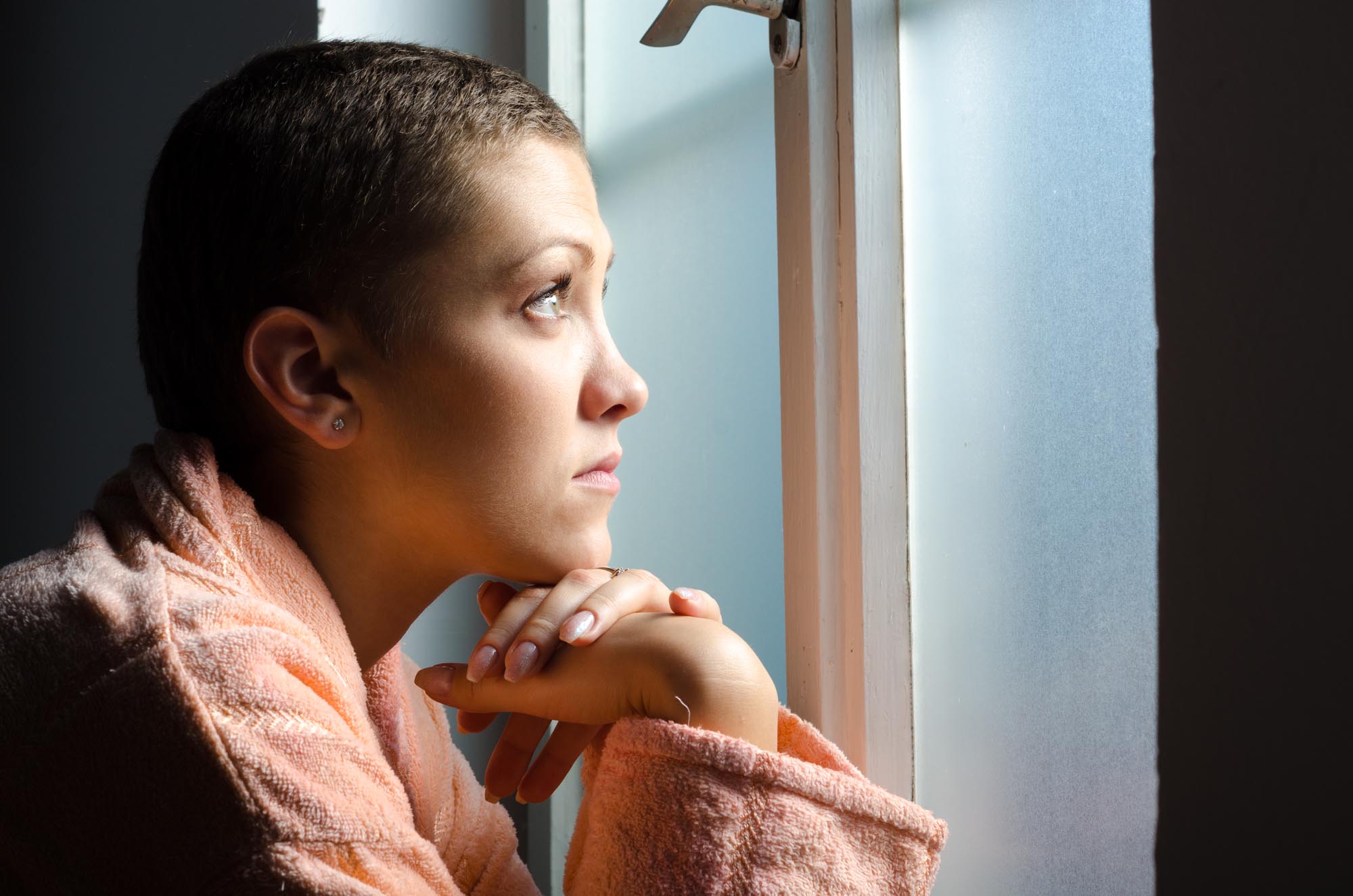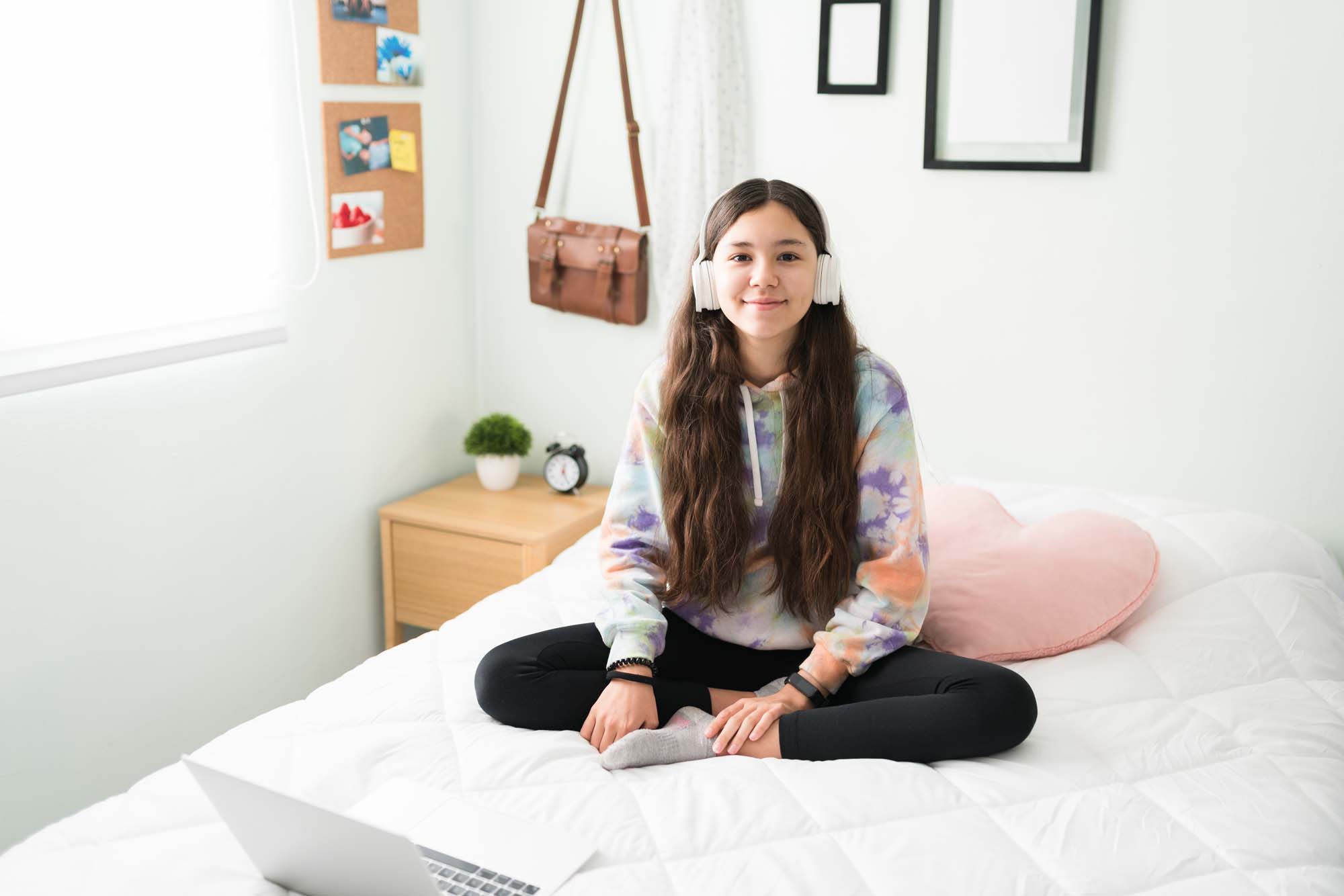Anxiety
Watching your teen battle the weight of anxiety can leave you feeling helpless and unsure of where to turn—but you’re not alone, and there is a path forward. At Build Bright Care Group, we understand how deeply anxiety can affect every part of your teen’s life—and your family’s. Located in Los Angeles, California, our residential treatment program is designed to meet adolescents where they are, offering specialized, evidence-based care that addresses anxiety at its roots. With warmth, expertise, and a commitment to individualized support, we help teens reclaim their confidence and rediscover calm in the midst of emotional overwhelm.
Understanding and Supporting Your Teen Through Anxiety
As parents, recognizing the depth and breadth of teen anxiety is the first step in guiding your child through this turbulent time.
Adolescence is a pivotal chapter in life, marked by growth, learning, and discovery. However, for some teens, this period is overshadowed by the challenge of anxiety disorders. These mental health conditions extend beyond typical teenage worries, embedding themselves into the very fabric of daily life with persistent and excessive fear.
Varieties of Teen Anxiety Disorders
Anxiety disorders in adolescents manifest in several distinct forms, each presenting its unique set of challenges:
Generalized Anxiety Disorder (GAD)
Social Anxiety Disorder:
Panic Disorder:
Specific Phobias:
Where Does Anxiety Come From?
The causes of anxiety disorders in teens are complex, woven from genetic, environmental, and psychological strands. Genetic predispositions set the stage, while environmental factors, such as stress from academic pressures or social relationships, act as triggers. Hormonal changes during puberty and brain development also play crucial roles, making teens more susceptible to anxiety.
What Are the Symptoms of Anxiety in Teens?
Anxiety in teens can surface through a mix of emotional and physical symptoms. Emotionally, teens may exhibit excessive worry, fear, and irritability. Physically, symptoms like headaches, stomachaches, and sleep disturbances are common. Behavioral changes, especially avoidance of social situations and academic struggles, are key indicators of underlying anxiety.
The Impact of Anxiety on Daily Life
The repercussions of teen anxiety are found in many aspects of their daily lives. Academically, anxiety can cause teens to lose concentration, leading to a noticeable drop in academic performance and participation in class. Socially, the impact is marked by a retreat from peer interactions and extracurricular activities, as anxiety fosters a sense of isolation and detachment from previously enjoyed social engagements. This withdrawal can further exacerbate feelings of loneliness and misunderstanding among their peers.
Within the family unit, the effects of teen anxiety can be equally disruptive; parents and siblings often find themselves walking on eggshells, struggling to adapt to the teen’s emotional volatility and the sudden shifts in behavior and mood. The household dynamic becomes charged with tension, as every member tries to accommodate and support the teen, often without a clear understanding of how best to help. This can lead to a cycle of stress and frustration that permeates the home, affecting everyone’s well-being and the overall family cohesion.
Navigating Treatment Options
For parents seeking ways to support their teens with anxiety, a range of treatment options is available to address the multifaceted nature of this condition. Cognitive Behavioral Therapy (CBT) offers a structured approach to identifying and altering negative thought patterns and behaviors. Medication, such as Selective Serotonin Reuptake Inhibitors (SSRIs), may be prescribed to help regulate mood and ease anxiety symptoms under careful medical supervision. Lifestyle changes, including regular exercise, a balanced diet, and adequate sleep, play a crucial role in managing anxiety by improving overall well-being. Additionally, fostering a supportive home environment can encourage open communication and provide a safe space for teens to express their feelings and challenges.
Comprehensive Anxiety Treatment at Build Bright
Teen anxiety is a significant challenge, but with the right support and interventions, it is manageable. By understanding the different types of anxiety disorders, their causes, and the available treatments, parents can provide the guidance and support their teens need. Remember, you’re not navigating this journey alone—professional help is available, and with patience and love, your teen can overcome the hurdles of anxiety and thrive.
If you or someone you love is seeking help for Anxiety Disorders, we’re here to help. At Build Bright, we specialize in treating Anxiety Disorders as well as co-occurring mental health conditions. We offer evidence-based therapies, including Cognitive Behavioral Therapy (CBT), individual counseling, group therapy, and experiential treatments. Call us today to learn more about our program and how we can help you or your loved one start the journey to healing.
Residential Treatment Can Help
For those needing more intensive support, residential treatment provides a structured and supportive environment where teens can focus entirely on their mental health and recovery. One of the key benefits is access to round-the-clock care from our mental health professionals, ensuring immediate support during difficult moments. Additionally, residential treatment offers a comprehensive approach that combines individual therapy, group sessions, medication management, and experiential therapies all tailored to address the unique needs of each of our teens. This setting also allows for the development of coping skills in a real-world context, enabling teens to practice managing their anxiety in a safe and controlled environment. Another advantage is the opportunity for teens to connect with peers facing similar challenges, fostering a sense of community and understanding that they are not alone in their struggles. For parents, residential treatment provides peace of mind, knowing their child is receiving constant, high-quality care while working towards lasting recovery.
Help Is Just a Call Away
If your teen is struggling—emotionally, behaviorally, or in ways you can’t quite explain yet—we’re here to listen and support you. At Build Bright, we specialize in compassionate, comprehensive residential care for adolescents facing a wide range of mental health challenges.
Supporting Your Teen
As a parent, your support is invaluable. Open communication, patience, and a non-judgmental approach are key. Encourage your teen to share their feelings and actively listen to their concerns. Please educate yourself about anxiety and its treatments, and work together to find the best path forward.






